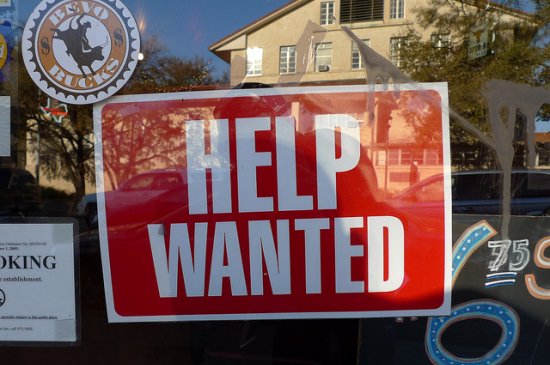
#1 Pay Your Bills on Time
If you can't pay your bills on time, a second job can help you meet your obligations. If you experienced unemployment that left you with additional credit card debts or other bills piled up, a second job can help you tackle the extra money needs and get back on track. Once you're caught up, you can leave your second job or use it for one of the other reasons below.
#2 Create an Emergency Fund
If you don't have an emergency cash stash set aside to cover unexpected expenses like a larger than usual power bill, a car repair or extra medical bills, you really need one. Working and putting aside a few thousand dollars in a hands-off emergency fund can make a huge difference in your life. This can be easily accomplished with a seasonal job and then if you have to use the fund, you can do the same thing again.
#3 Have a Fallback
If your primary job is at risk because your company is in financial trouble, there are layoffs, or your boss is giving you the stink-eye, having a second job can be a smart preventative strategy. Even if your part-time job isn't in your usual area of work, it can be a critical safety net if you do lose your job to keep you out of dire financial straits.
#4 Cover Additional Expenses
If you want to take a vacation but your usual budget won't allow it, your holiday gift list exceeds your available cash, or you need a down payment on a house or a car, a second job can allow you to take care of these things without taking away from your present take-home pay. This can help you meet financial or life goals you may not otherwise be able to attain.
#5 Other Benefits
If you take a part-time job in retail, it can come with discounts that can help you pay for Christmas gifts. Or, if your primary job doesn't offer a 401(k), but your part-time gig will, that can help you put aside some money toward retirement. Look for a job that will offer benefits you don't already get from your primary job to round out your life.
Before you take on a second job, it's important to consider if it will cost you more than it offers. For instance, if you need to pay for child-care to free up your time to work, that will reduce the bottom line impact of the additional work. Or, if you have to purchase new clothes, drive a significant distance, pay for parking, obtain a professional license of some sort or take on another expense associated with the job, these should all be taken into account to ensure that your new job nets out to a boost to your bottom line.
